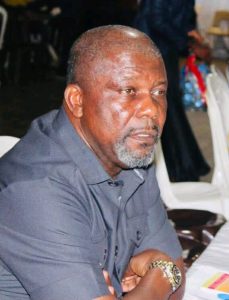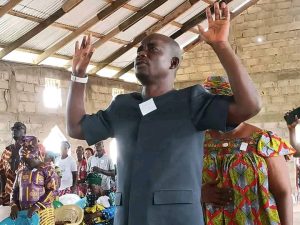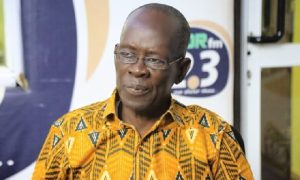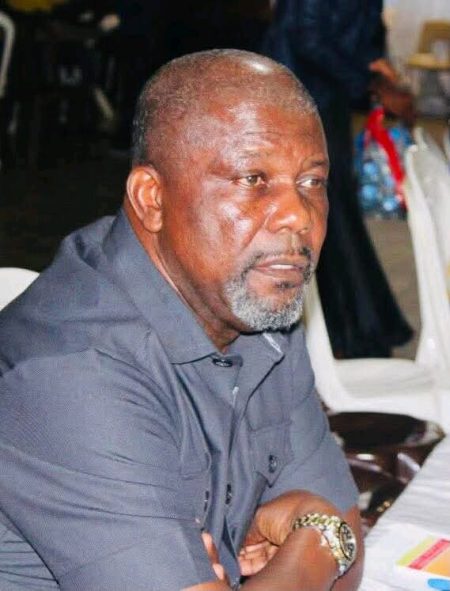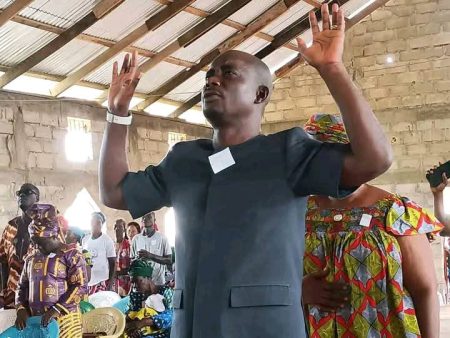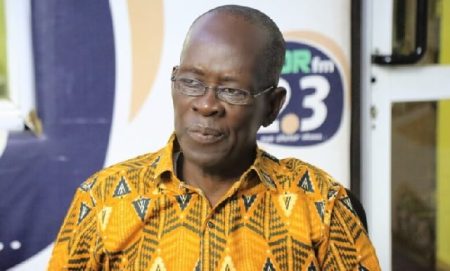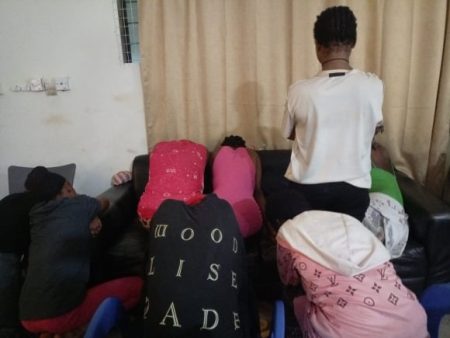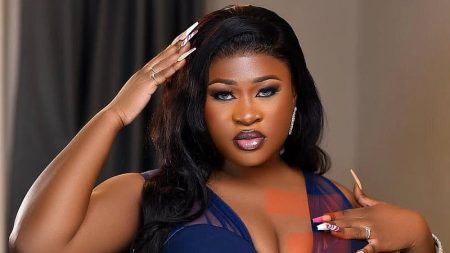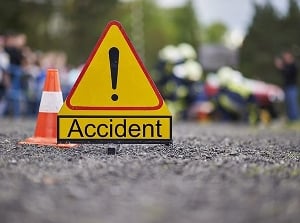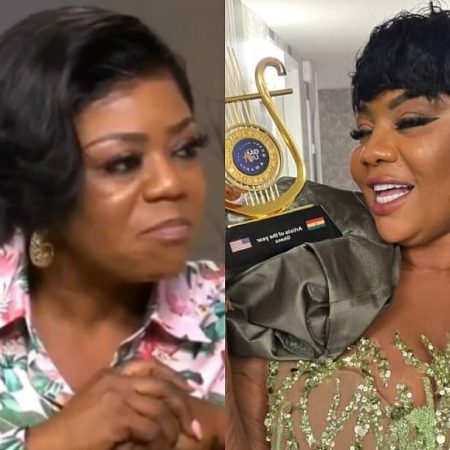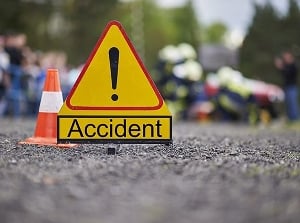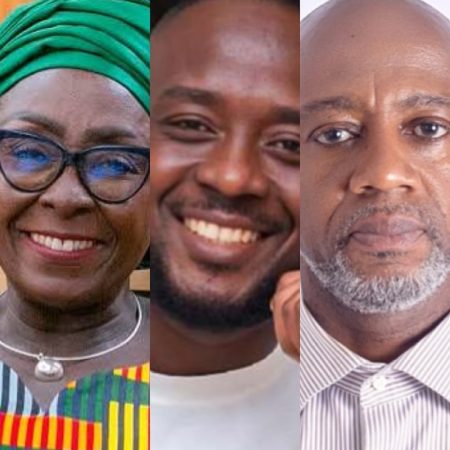The vibrant Zarma Annaamai Festival, a vibrant celebration of culture, unity, and tradition, took center stage at Fadama Park in Accra, Ghana, on Sunday, August 3, 2025. This annual event, hosted by the Zabarma people, brought together an impressive assembly of dignitaries, including prominent Zabarma chiefs, political figures, traditional leaders, and security personnel from Ghana and neighboring West African countries such as Niger, Nigeria, and Mali. Under the leadership of Sarki Alhaji Musah Yahaya Yendu, the Greater Accra Zabarma Chief and President of the Council of Zabarma Chiefs, the festival resonated with the theme “Promoting the Cultural and Heritage of the Zabarma, the Role of Traditional Chiefs in Combating Drug Abuse Within Our Communities,” highlighting a crucial societal issue affecting the youth. This year’s festival not only showcased the rich tapestry of Zabarma culture but also served as a platform to address the pressing concern of drug abuse within Zongo communities.
The esteemed gathering included a diverse representation of traditional and political leadership. Among them were Sarki Dr. Kabiru Mohammed English, the Greater Accra Hausa Chief; Chief Obasaka Salami, the Yoruba Chief of Kasoa; Naaba Sigiri, the Greater Accra Moshie Chief and General Secretary of the National Council of Zongo Chiefs; Obrenpong Kru Takyi II, Omanhene of the Abease Traditional Council and Vice President of the Bono East Regional House of Chiefs; Chiefs of the New Juaben Traditional Area; and notable Nigerien and Zongo Chiefs from across Ghana. The presence of high-ranking security officials, including COP Suraj Fuseini Mohammed and COP Iddrisu Saidu Lansa, underscored the seriousness of the drug abuse issue and the collaborative effort needed to combat it. Their participation symbolized the importance of community engagement and partnership between law enforcement and traditional leaders in tackling social challenges.
The festival provided a platform for critical discussions about the escalating drug problem, particularly among young people in Zongo communities. COP Suraj Fuseini Mohammed expressed concern over the increasing involvement of women in drug peddling. He commended the Zabarma community for using cultural events like the Annamai Festival to raise awareness about this menace and urged traditional chiefs to actively participate in the fight against drug abuse. Emphasizing the potential within the Zongo communities, he highlighted the importance of education, hard work, and discipline as pathways to success, contrasting these values with the destructive path of drug use. He encouraged the youth to collaborate with law enforcement, reinforcing the role of the police as protectors of life and property.
Hon. Baba Lamin Abu Sadat, the Coordinator of Zongo Development, echoed the call for a drug-free Zongo and pledged the commitment of President John Dramani Mahama’s office to supporting initiatives that improve living standards within Zongo communities, including the Zabarma community. He urged Sarki Musah Yahaya and the elders to mobilize the youth for dialogue and empowerment programs, emphasizing the importance of community-based solutions. Naaba Sigiri, representing the National Council of Zongo Chiefs, stressed the importance of unity and peace among the Zabarma people, recognizing these values as essential for progress and development.
Obrenpong Kru Takyi II, Omanhene of the Abease Traditional Council and President of the Bono East Regional House of Chiefs, underscored the strong ties between the Abease Traditional Area and the Zabarma community, further strengthening inter-community relationships. His words highlighted the significance of the Annamai Festival not merely as a cultural celebration but as a powerful affirmation of identity, heritage, and the collective responsibility to preserve tradition. The National Chief Imam of Ghana praised Sarki Musah Yahaya Yendu for his leadership in uniting the Zabarma people and promoting peace and cultural heritage. He encouraged the community to maintain their harmonious coexistence and contribute actively to Ghana’s national development, emphasizing the role of the Zabarma people in the larger national context.
The Zarma Annamai Festival was a resounding success, not only in celebrating the rich Zabarma heritage but also in addressing a critical societal challenge. The festival provided a platform for important dialogue, community engagement, and a renewed commitment to fighting drug abuse. The vibrant cultural displays, traditional music, and dance provided a backdrop for the serious discussions, demonstrating the community’s ability to combine celebration with social responsibility. The awards presented to distinguished individuals from Zongo and Zabarma communities for their contributions to peace and development further highlighted the importance of recognizing positive contributions and inspiring continued commitment to community betterment. The 2025 Annamai Festival served as a powerful reminder of the strength of unity, the importance of cultural preservation, and the collective responsibility to address challenges and build a better future.


